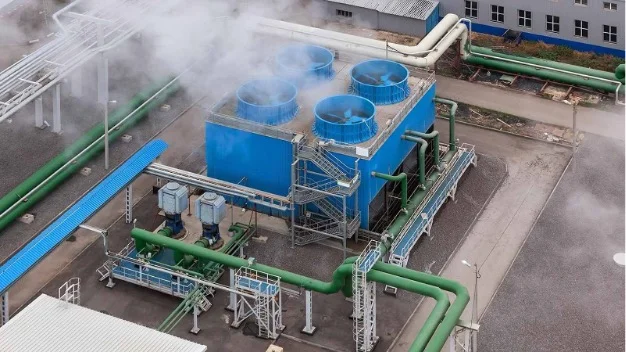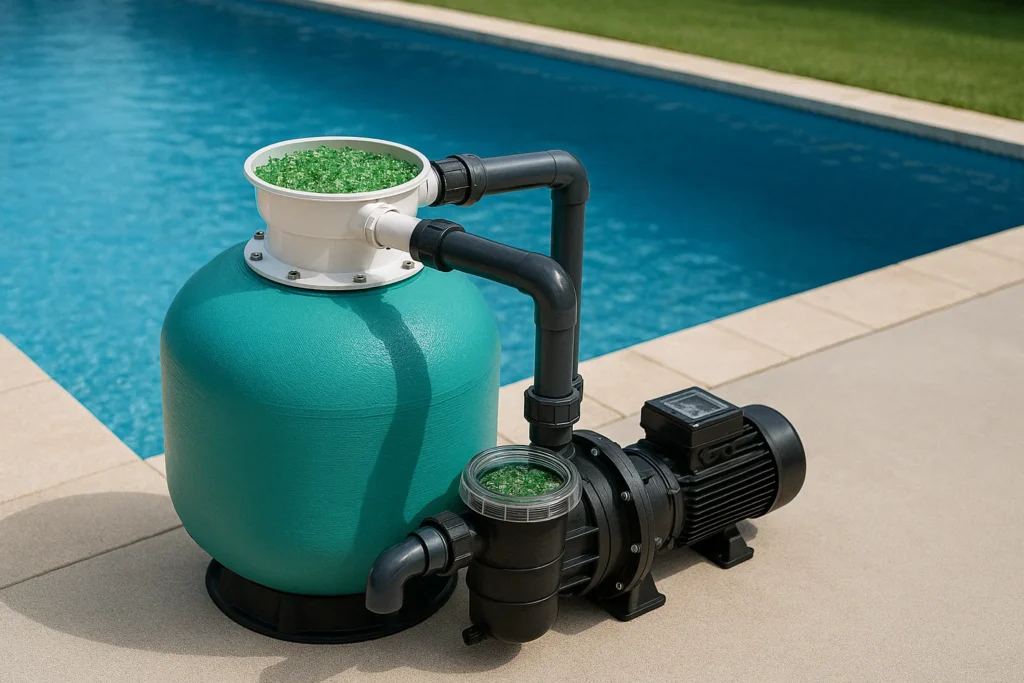Aquaculture, the farming of aquatic organisms such as fish, shrimp, and mollusks, plays a crucial role in meeting the ever-growing global demand for seafood. However, the industry faces numerous challenges, including environmental concerns, disease outbreaks, and the need for sustainable practices.
In recent years, the integration of bacterial cultures, also known as bioculture, has emerged as a game-changer in addressing these challenges. There are several parameters that contribute to bacteria being the perfect versatile solution for most of the problems mentioned above.
BIOREMEDIATION:
One of the significant advantages of bacterial cultures in aquaculture is their role in bioremediation. Aquaculture systems often face issues related to water quality, as excessive nutrient build-up, and the accumulation of organic matter can lead to harmful algal blooms and oxygen depletion. Bacterial cultures, when introduced into aquaculture ponds, actively break down organic pollutants, converting them into simpler, less harmful substances. This process helps maintain optimal water quality, creating a healthier environment for aquatic organisms and reducing the risk of disease outbreaks.
REDUCING FISH STRESS:
Stress is a common concern in aquaculture, as it can negatively impact fish health and growth. Bacterial cultures contribute to stress reduction by creating a balanced and stable environment within aquaculture systems. These cultures play a vital role in the nitrogen cycle, converting toxic ammonia produced by fish waste into less harmful compounds. By maintaining proper water parameters, bacterial cultures help create a stress-free environment for fish, promoting their overall well-being and growth.
HIGH FEED CONVERSION RATIO:
Efficient feed utilization is critical for the economic sustainability of aquaculture operations. Bacterial cultures aid in achieving a high feed conversion ratio (FCR), a key metric that measures the efficiency with which fish convert feed into body mass. Through the breakdown of organic matter, these cultures enhance nutrient availability in the water, promoting the growth of natural food sources such as plankton. This, in turn, reduces the reliance on external feeds, leading to improved FCR and cost-effectiveness in aquaculture operations.
DISINFECTION FROM ORGANICS:
Aquaculture systems are susceptible to the accumulation of organic compounds, including hydrogen sulfide (H2S), which can be toxic to aquatic organisms. Bacterial cultures play a crucial role in disinfecting aquaculture environments by breaking down and neutralizing harmful substances. In particular, they target compounds like H2S, preventing its buildup and ensuring a safe and healthy habitat for fish and other aquatic species. This proactive approach to disinfection contributes to disease prevention and overall system stability.
SIGNIFICANTLY INCREASE IN YIELD:
The integration of bacterial cultures into aquaculture systems has been linked to a significant increase in overall yield. By addressing water quality issues, reducing stress, and enhancing nutrient availability, these cultures create an environment conducive to optimal fish growth. Farmers adopting bioculture practices often observe higher survival rates, faster growth rates, and increased yields compared to traditional aquaculture methods. This not only benefits the economic viability of the industry but also contributes to meeting the growing demand for sustainable seafood.
The integration of bacterial cultures into aquaculture systems has been linked to a significant increase in overall yield. By addressing water quality issues, reducing stress, and enhancing nutrient availability, these cultures create an environment conducive to optimal fish growth.
Farmers adopting bioculture practices often observe higher survival rates, faster growth rates, and increased yields compared to traditional aquaculture methods. This not only benefits the economic viability of the industry but also contributes to meeting the growing demand for sustainable seafood.
Get in touch with us at info@purewaterent.net, to know more about our bacteria culture offerings for improving pond health and fulfilling your farms true potential.





